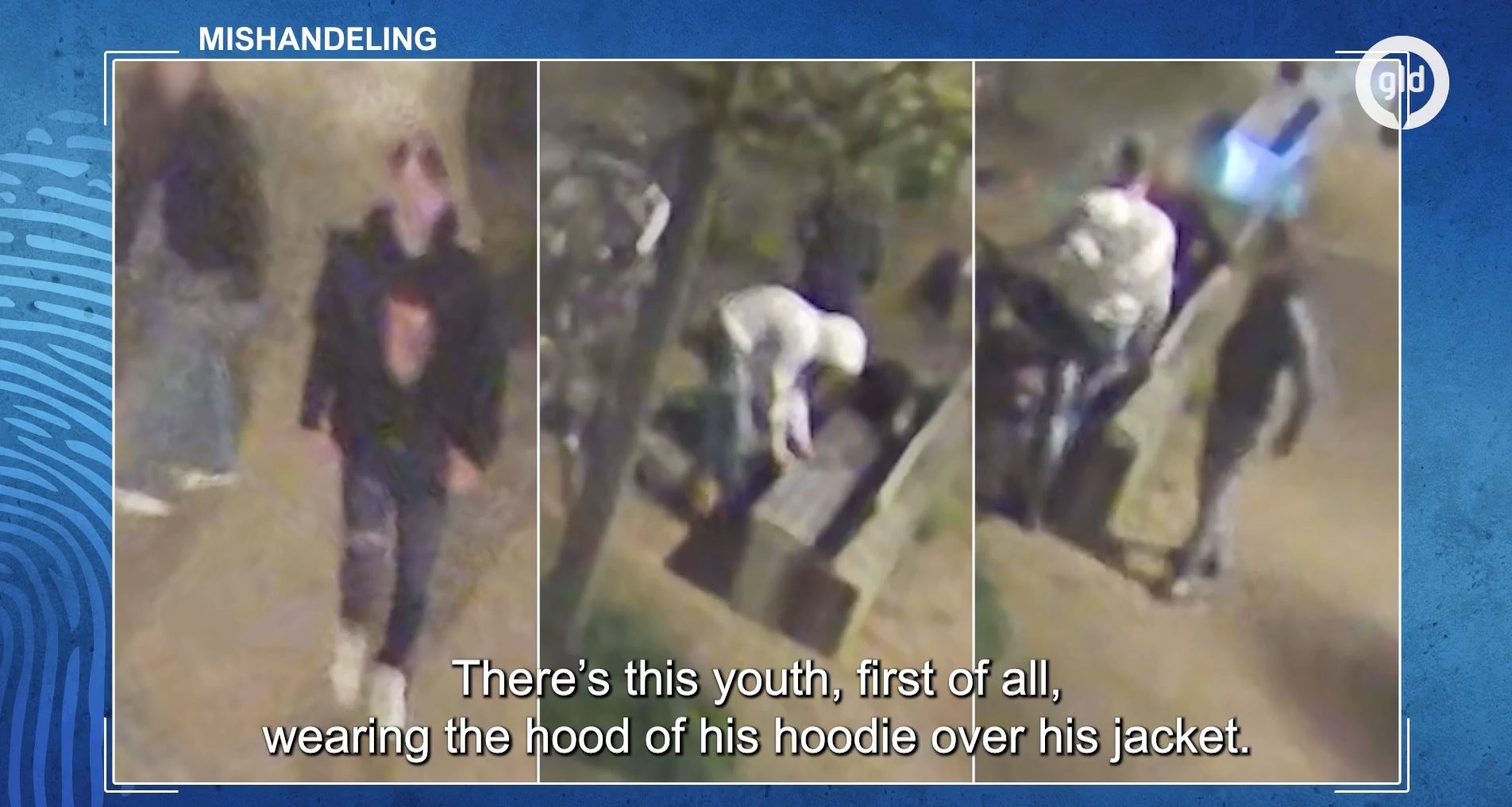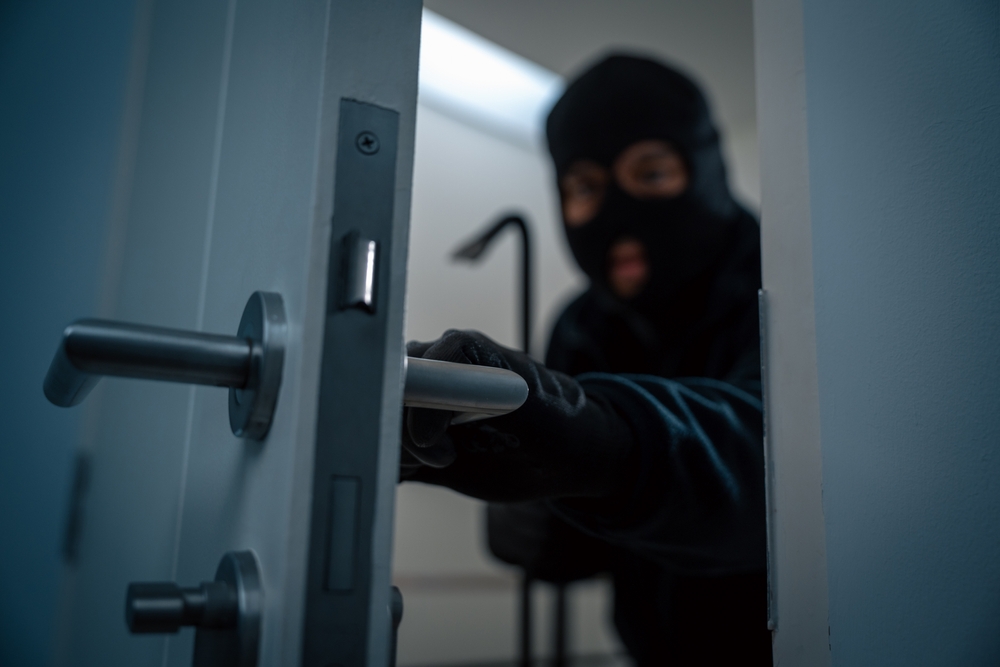Correction: In an earlier version of this story, it was stated that the PhD student in question was unable to complete his PhD. That is not correct: he is still working on his research.
He beat up a student on the campus in Wageningen in April last year. But that was not because the victim was of Chinese descent, the 20-year-old Wageningen resident told the magistrate. He apologized. But the judge is concerned. A court report.
Together with two others, the Wageningen guy was hanging out on campus that evening when the student arrived on his bike with a girlfriend. Someone from his group threw a small stone at the student’s head. The student dismounted and was then beaten up. The 20-year-old Wageningen resident admitted to the judge that he had struck the first blow and hit the victim on the head and body. He was the only one on trial. The person who had thrown the stone had previously been convicted.
Camera footage shows the Wageningen resident hitting the student, who then falls forward and lands on the ground. The victim was injured.
Joint
‘Had you ever seen him before?’ asked the judge. The man answered in the negative. He was rolling a joint and had not noticed at all, he said, that one of the others had thrown a stone. The latter had previously testified in court that he had been ‘provoked’ by the others to throw stones. ‘Not by me’, said the man from Wageningen. He struck the first blow and ended up in a fight with the student. The others were there and joined in. ‘There were three of you. He was alone. What do you think of that: three against one?’
He also thought it went too far, he said. He had been drinking and smoking weed and often hung out with the others on campus during that period, he told the judge. About two or three times a week, usually in the evening, but sometimes as early as noon, he said. But they had never thrown stones before.
Unrest
The student’s girlfriend heard them shout ‘fuck you’ when they arrived on their bikes. The man couldn’t remember. The incident caused a lot of unrest among Asian students at the university. ‘There were more reports of incidents’, said the public prosecutor. But it is not clear whether there is a link with this group.
The Wageningen resident had another run-in with the police after this: last January, he kicked a car mirror. ‘I had drunk so much that I didn’t know what I was doing. I thought it was fun. Friends told me not to do it, but I did it anyway.’
Community sentence
He has since sought help for his alcohol and drug problem. According to experts, he reacts like a minor and has difficulty understanding what he is doing. He has traits of autism, as he explained to the judge. ‘I want to apologize. It was not meant to target the Chinese community’, he said. The public prosecutor demanded a community service sentence of 80 hours. The man from Wageningen did not have a lawyer to defend him. ‘Because I know what I did, what I am guilty of.’ He had no defense against the sentence demanded. ‘I see a nice guy here who says: it was really stupid. But in the situation itself, you suddenly do things that you now regret’, said the judge. ‘I’m a little worried.’
He therefore imposed part of the sentence conditionally, so that there is a big stick to prevent him from reoffending. The Wageningen resident must work sixty hours and, if he reoffends, another twenty hours. He must also pay the victim 850 euros in compensation for pain and suffering. Furthermore, he must pay for the broken mirror. The Wageningen resident accepted the sentence. ‘I will not appeal.’
This story previously appeared in De Gelderlander/Monique Bloeme
Translated with DeepL.com
Fear and anger
This violent incident caused fear and anger within the international community last year, some of whom said they had not felt safe in Wageningen for some time due to intimidation by ‘local youth’. In a letter on their behalf to the municipality and the university, it was stated that international students had often been pelted with stones and eggs, and that verbal abuse and other forms of aggressive and undesirable behavior were also common. In June 2024, a safety meeting was therefore organized at Omnia, where students and staff could ask the police questions about how to act in threatening situations, when to call 112, and what is and is not permitted in self-defense.

 Screenshot from the TV show Plaats Delict (crime scene), which shared footage of the abuse. Photo Plaats Delict
Screenshot from the TV show Plaats Delict (crime scene), which shared footage of the abuse. Photo Plaats Delict 

Aren’t students instructed at this university that they can use AI tools but they must do it responsibly and take ownership of the generated content? That should at least apply to Resource as well, no?
I mean, Gosh, “when to call 911”? Is that the emergency number in this country or maybe this whole incident took place in Wageningen, USA?
Rectification: the PhD student is still working on this PhD and almost ready to finish. At the time of the assault, he was already preparing to travel back to China, so the assault in itself was not the reason he left Wageningen.